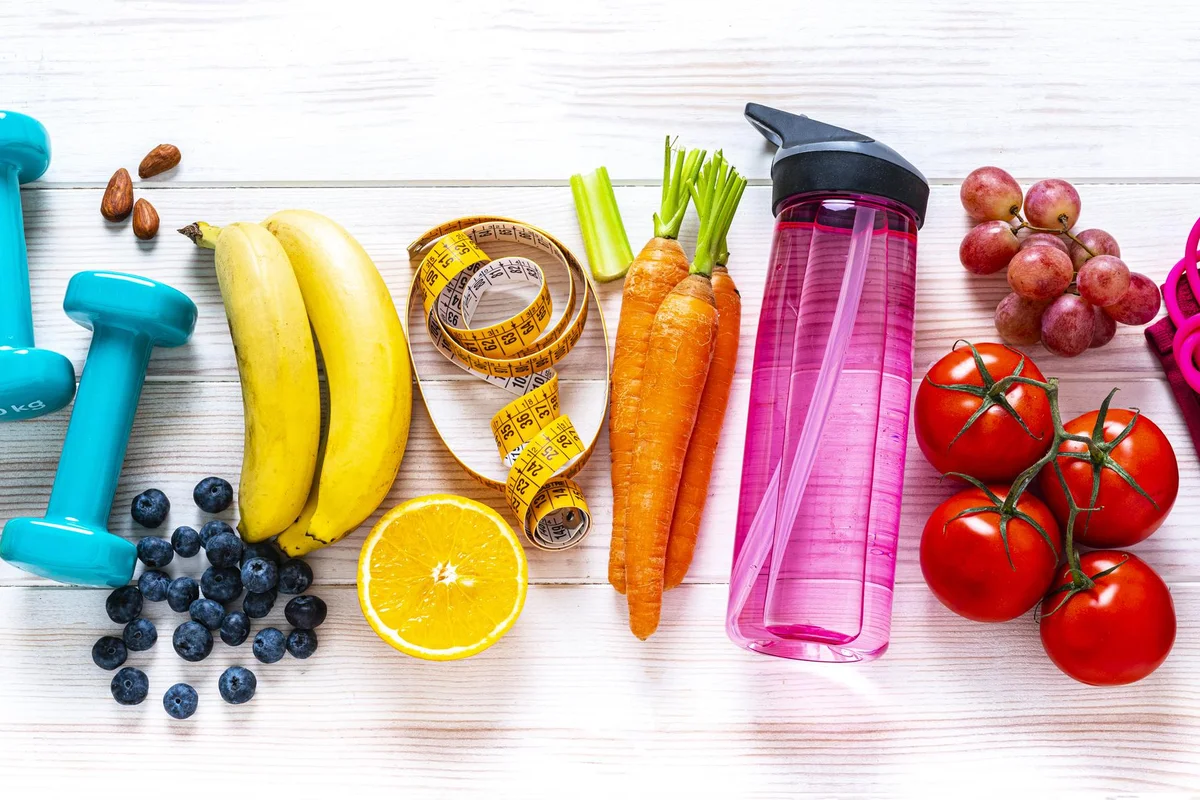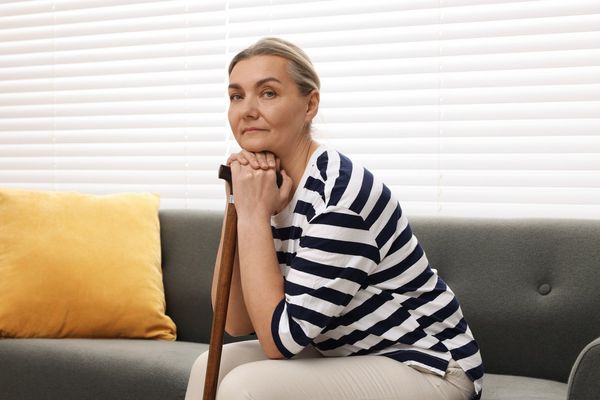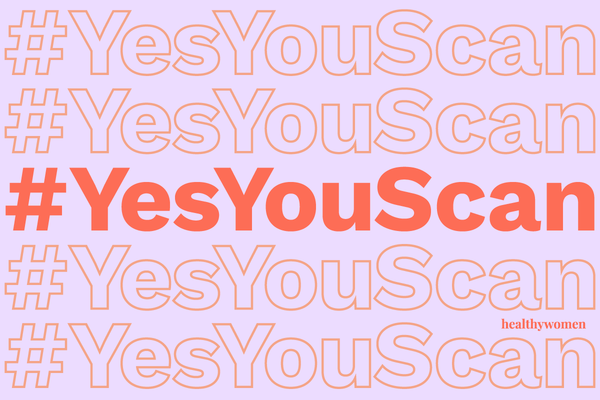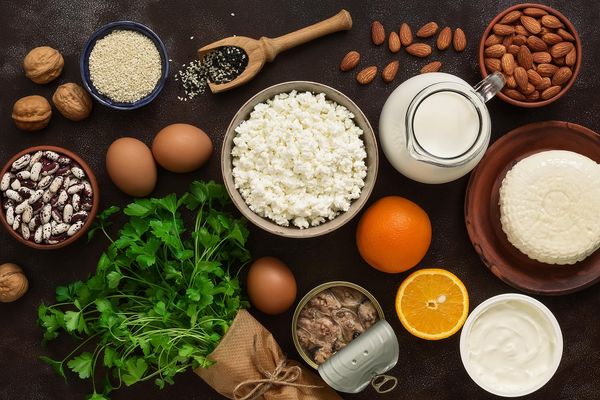Drink milk to make your bones grow big and strong. That's the message that's been fed to us since we were children, reinforced by cardboard milk cartons at school and the popular "Got milk?" advertising campaign.
If only it were that simple.
As women get older, they become at greater risk of developing osteoporosis. Of the approximately 10 million people who have osteoporosis in the United States, 8 million are women.
While women who are experiencing menopause are more at risk of developing osteoporosis due to lower estrogen levels, women who have not yet entered menopause can also take steps to delay getting the condition.
Tips to prevent osteoporosis if you’re under 50
Calcium and vitamin D: Both help keep your bones strong. Women 50 and younger should aim to have 1,000 milligrams of calcium and 400 to 800 international units of vitamin D per day. Both amounts can be found in your daily diet.
How to get more calcium: Use this formula to estimate how much calcium is in your current diet. If you find out you're not getting enough, try adding more calcium-rich foods like cooked soybeans (½ cup = 88 mgs of calcium), cooked collard greens (½ cup = 133 mgs) and part-skim ricotta (½ cup = 335 mgs).
How to get more vitamin D: Try eating more foods that contain vitamin D, such as salmon, herring, unsweetened soy milk and mushrooms.Also, you can spend some time in the sun. Using sunscreen to protect yourself from skin cancer is extremely important but sunscreen blocks the UV light that makes vitamin D. That means your time in the sun without sunscreen should be kept short and should only include your limbs. Your face should always be protected. If you don't want to go outside without sunscreen or you live in a colder climate, you might benefit from a supplement in the winter in addition to what's in your diet.
Seek out fortified foods: These are foods that have vitamin D and calcium added to them. Orange juice, rice, soy and almond milk, and cereals may all be fortified with calcium. Vitamin D is also added to soy milk, cereal, orange juice, yogurt and dairy milk.
Supplements: While you should try to meet your calcium and vitamin D levels with your food choices, that's not always possible. This is particularly true for people who are lactose intolerant, eat a vegan diet or have an inflammatory bowel disease that may make it more difficult for their bodies to process dairy products. Vitamin D supplements can also help, particularly D3. Consult your doctor about which supplements to take.
Lifestyle changes: Quit smoking and avoid drinking alcohol heavily because both of these can affect the body's ability to store and process calcium.
Exercise: Focus on weight-bearing exercises like running, dancing, hiking, stair climbing and jumping rope. For lower-intensity exercises, try fast walking, using a stair-climbing or elliptical machine, and doing low-impact aerobics.
Do these alongside muscle-strengthening exercises like weight lifting, push-ups, planks and stretching using resistance bands.
Tips to prevent osteoporosis if you’re over 50
Many of the steps women can take to prevent osteoporosis before they turn 50 can be used after they turn 50 as well, with one addition: Do more. Women lose the most bone density after menopause.
Calcium and vitamin D: As you age, it's important to increase your daily doses of calcium to 1,200 milligrams and vitamin D to 1,000 international units per day. Talk to your doctor about which supplements are best for you.
Keep your diet strong: Continue eating calcium- and vitamin D-rich foods such as yogurt, salmon, kale and broccoli. Add foods that have magnesium (apples, avocados and edamame), potassium (dried fruit, coconut water and cashews), vitamin C (raw red peppers, tomatoes and cauliflower) and vitamin K (carrot juice, hard-boiled eggs and cooked shrimp).
Go outside: Try to get 10 to 20 minutes of direct sunlight a day to help with your vitamin D intake.
Exercise: Aim for at least 30 minutes of exercise a day. Weight train, walk, hike, dance or use resistance bands.
Get a bone density test: If you know you're at risk for osteoporosis, ask your doctor about getting a bone density test to see if your bones have weakened so you can take action sooner rather than later.
This resource was created with support from Amgen.
- Menopause and Osteoporosis: How to Take Charge of Your Bone ... ›
- Osteoporosis Isn't a Given - HealthyWomen ›
- How Do Hormones Affect Osteoporosis? - HealthyWomen ›
- What Increases Your Risk for Bone Fractures and Osteoporosis? - HealthyWomen ›
- Fast Facts: 10 Facts About Osteoporosis in Women - HealthyWomen ›
- Women and Bone Health Basics - HealthyWomen ›
- 7 Ways to Prevent Bone Loss - HealthyWomen ›
- Vitamin D: Are You Getting Enough? - HealthyWomen ›







